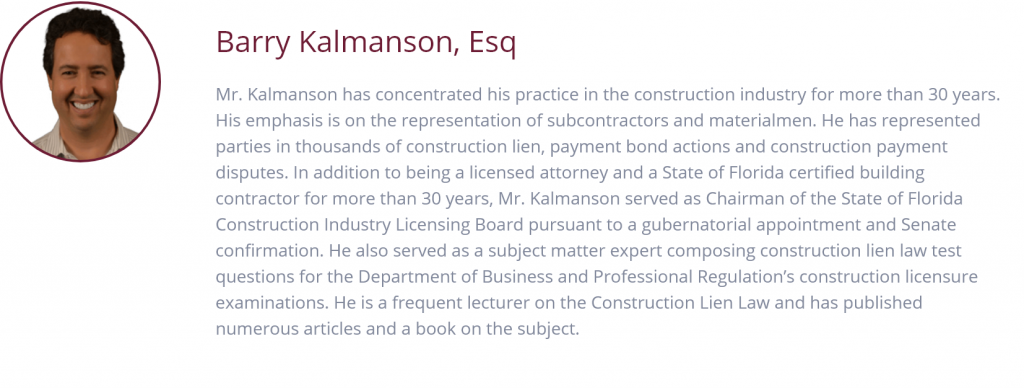
To be entitled to a construction lien or a payment bond claim in Florida, claimants typically must provide materials that are incorporated into the construction project. However, even without incorporation, it is possible for a claimant to have a valid construction lien or payment bond claim if:
- Construction materials were specially fabricated;
- Construction materials constituted normal waste in the course of construction; or
- Rental equipment was used in building the improvement.
Specially Fabricated Materials
Specially fabricated materials are designed for a particular project. Florida courts have long held that where materials are specially fabricated for a certain project and are not “run-of-the-mill”, a claimant should be entitled to a construction lien or payment bond claim even if the materials are not incorporated because the fabricated materials would have no other useful purpose other than for that project. For example, assume a carpet mill in Dalton, Georgia was contracted to fabricate carpet depicting a company logo every three feet. After the carpet was fabricated, the company decided to change their logo and cancel the carpet order. The carpet mill would still have construction lien or payment bond claim rights, even though the carpet was never incorporated into the construction project.
Normal Waste
A claimant is entitled to a construction lien or payment bond claim for materials furnished to a project even where waste occurs. For instance, a drywall subcontractor can claim a lien for the pieces of drywall cut out for doorways and windows that are thrown away and not actually incorporated into the improvement. Another example would be carpet scraps remaining from a carpet installation.
Rental Equipment
A claimant is entitled to a construction lien or payment bond claim for the use of its rental equipment, not including the supplying of hand tools. In Florida, it is presumed that rental equipment is used from the time of the delivery through the time the equipment is last available for use at the site, or two business days after the rental equipment company receives a written notice to pick up the equipment, whichever occurs first. The presumption of use was included in the law because an owner is in a better position to have knowledge of the actual use of the equipment. The rental equipment company is not typically on site throughout the project.
This information presents the general scheme of Florida’s Construction Lien Law as of May 2020. The Construction Lien Law is constantly being amended; therefore, this material should not be relied upon in place of experienced legal advice in specific situations. This material is copyrighted and cannot be reproduced without written permission from Barry Kalmanson, Esq.





